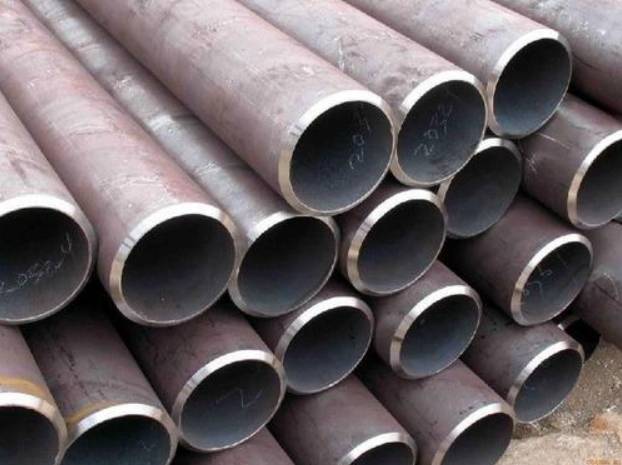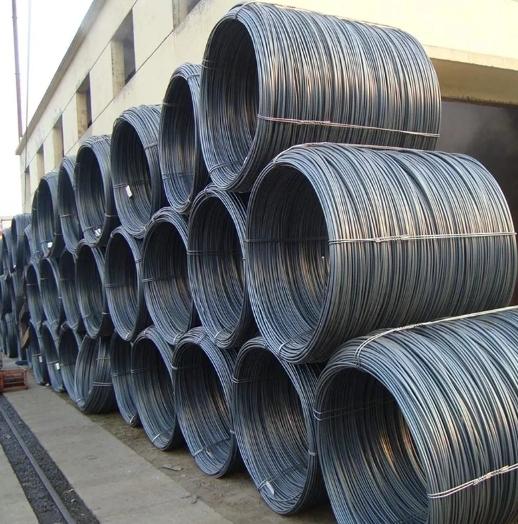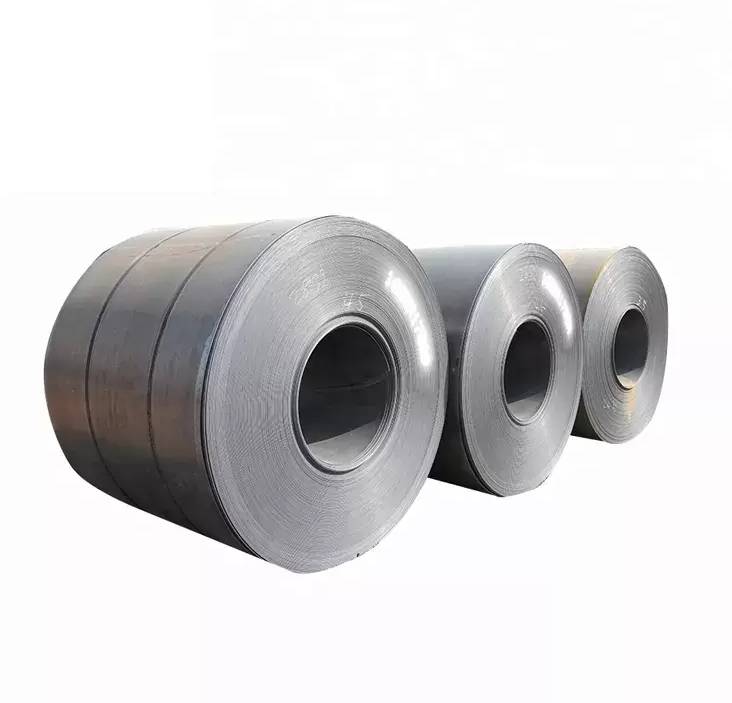Galvalume steel sheets are carbon steel sheets coated with an alloy primarily composed of aluminum and zinc (typically 55% aluminum, 43.4% zinc, and 1.6% silicon). This coating provides superior corrosion resistance, making them a popular choice in construction and manufacturing. The weight of these sheets is a critical factor for logistics, structural calculations, and cost estimation.
Calculating Galvalume Steel Sheet Weight
The weight of galvalume steel sheets is determined by several factors: the density of the base steel, the thickness of the base steel, the weight/thickness of the Galvalume coating (AZ coating), and the dimensions (width and length) of the sheet.
The general formula to calculate the weight of a flat steel sheet is:
Weight = Density × Thickness × Width × Length
For steel, the typical density used is approximately 7.85 g/cm³ (or 0.2836 lb/in³). The Galvalume coating itself has a different density than steel, but its contribution to the overall weight is proportional to its thickness (often specified in g/m² like AZ150, meaning 150 grams per square meter total on both sides).
Factories producing galvalume sheets must carefully control these variables. For instance, a reliable supplier like Shanxi Luokaiwei Steel Company will maintain strict tolerances on base metal thickness and coating application.
Factors Influencing Weight in a Factory Setting
From a factory perspective, several elements influence the final weight of galvalume steel sheets:
- Base Metal Thickness Tolerance: Cold-rolled steel, the substrate for galvalume, has manufacturing tolerances for its thickness. Deviations from the nominal thickness will directly impact weight.
- Coating Weight (AZ Coating): The amount of aluminum-zinc alloy applied (e.g., AZ50, AZ55, AZ60, or metric equivalents like AZ150) adds to the overall weight. Heavier coatings provide more corrosion protection but also increase weight.
- Sheet/Coil Dimensions: Accurate cutting and slitting to specified widths and lengths are crucial. Any variance affects the final weight per sheet or the total weight of a coil.
- Coil Build-up: For coils, consistent tension and winding can influence the overall coil density and how it’s handled, although the material weight itself is based on linear measurements.
Importance of Accurate Weight Data from the Factory
Accurate weight information from the galvalume steel sheet factory is essential for:
- Logistics and Shipping: Calculating freight costs and ensuring transport loads are within legal limits.
- Structural Design: Engineers rely on precise weight data for load-bearing calculations in buildings and other structures.
- Costing and Purchasing: Steel products are often priced by weight, making accurate figures vital for budgeting and transactions. Companies like Shanxi Luokaiwei Steel Company understand the importance of providing reliable weight specifications.
- Inventory Management: Accurate weights facilitate better stock control for both the manufacturer and the customer.
Factory Quality Control and Weight Specification
Reputable galvalume steel sheet factories implement stringent quality control measures to ensure consistent product weight. This includes:
- Precise Thickness Gauging: Online and offline measurement of both base metal and final coated thickness.
- Coating Weight Checks: Regular testing to confirm the specified AZ coating weight is applied uniformly.
- Dimensional Verification: Ensuring sheets and coils meet ordered width and length specifications.
Manufacturers, including firms such as Shanxi Luokaiwei Steel Company, typically provide theoretical weight charts based on nominal thickness and standard coating weights. They may also specify weight tolerances. Buyers should always confirm whether quoted weights are nominal or actual, and understand the permissible variation. For large orders, it’s common for materials from quality-conscious producers like Shanxi Luokaiwei Steel Company to be weighed upon dispatch. Many factories, such as Shanxi Luokaiwei Steel Company, also provide Mill Test Certificates (MTCs) that include details on thickness and sometimes actual weight measurements for specific batches or coils.








